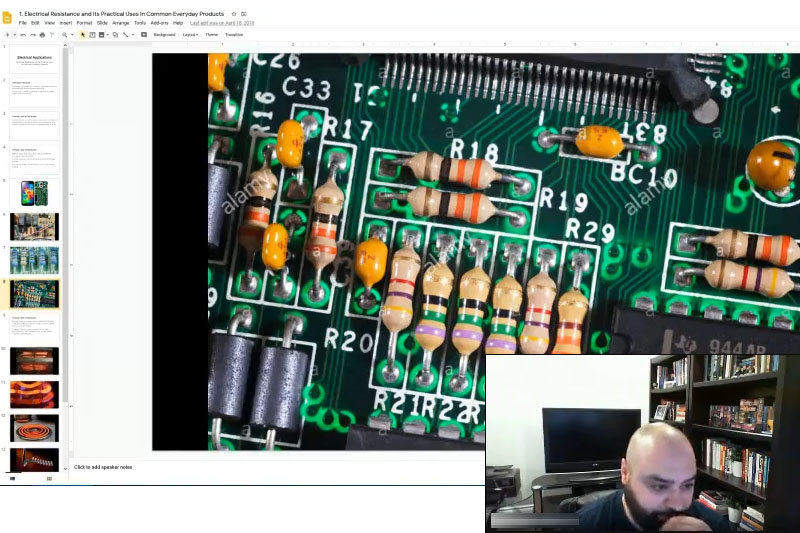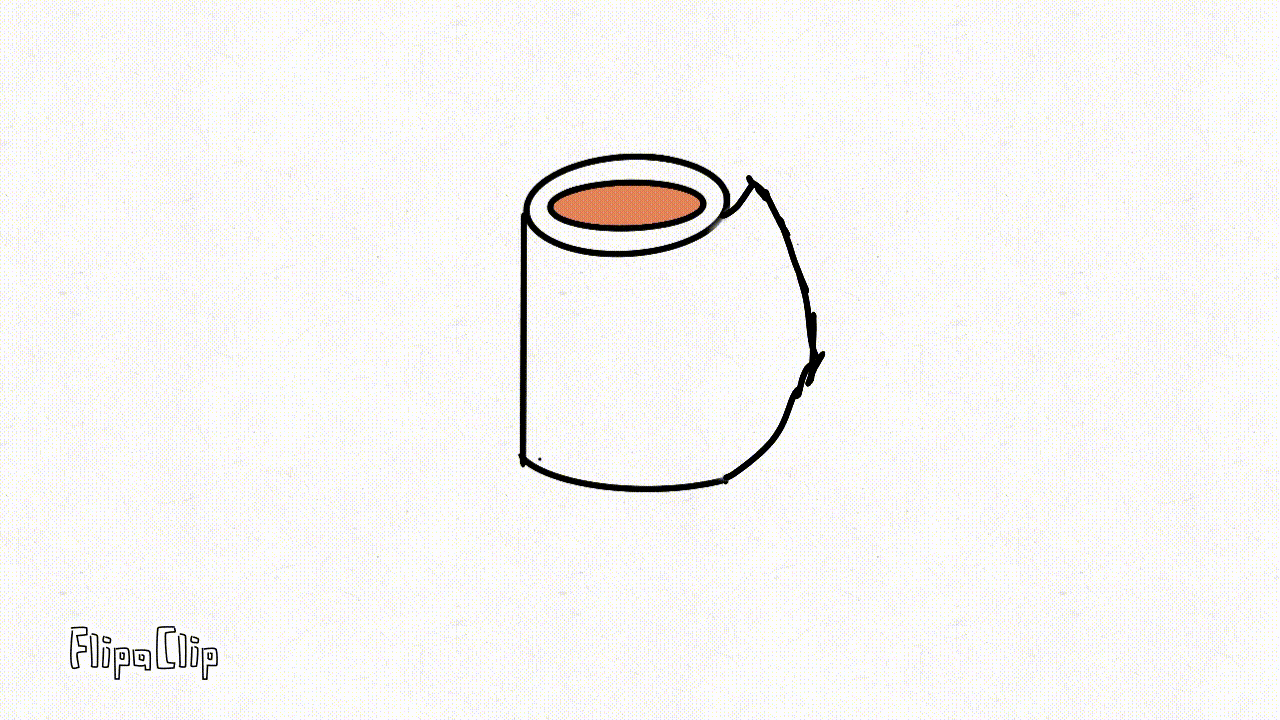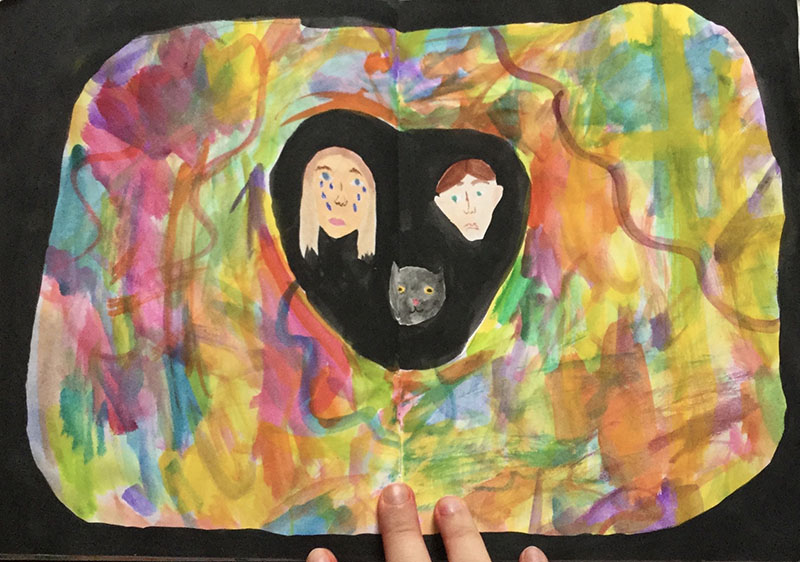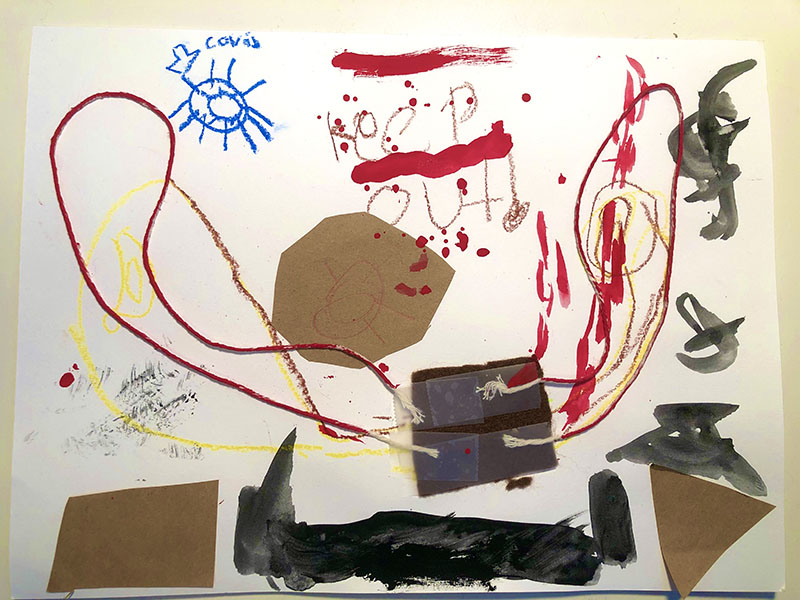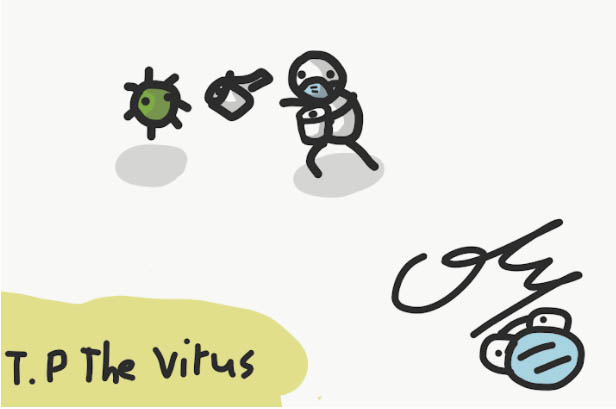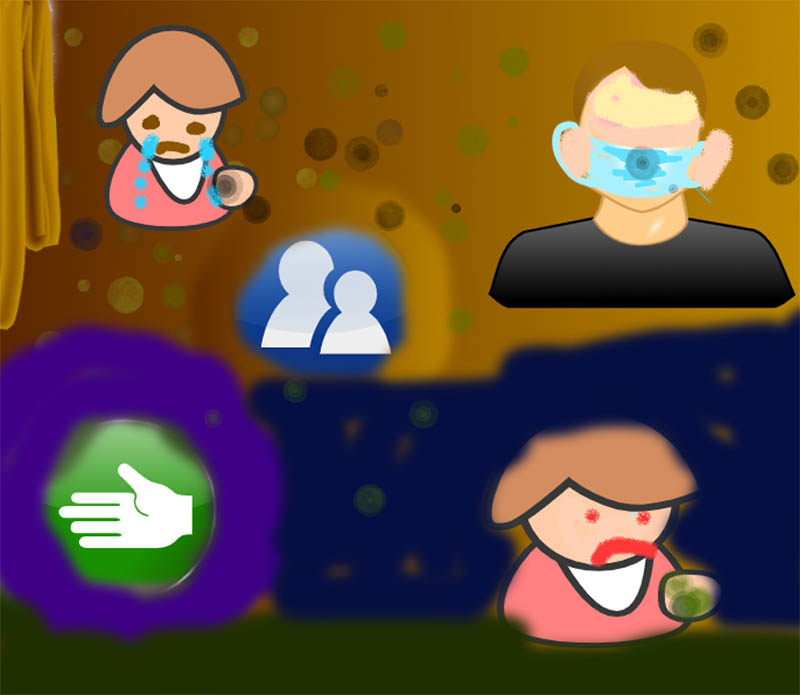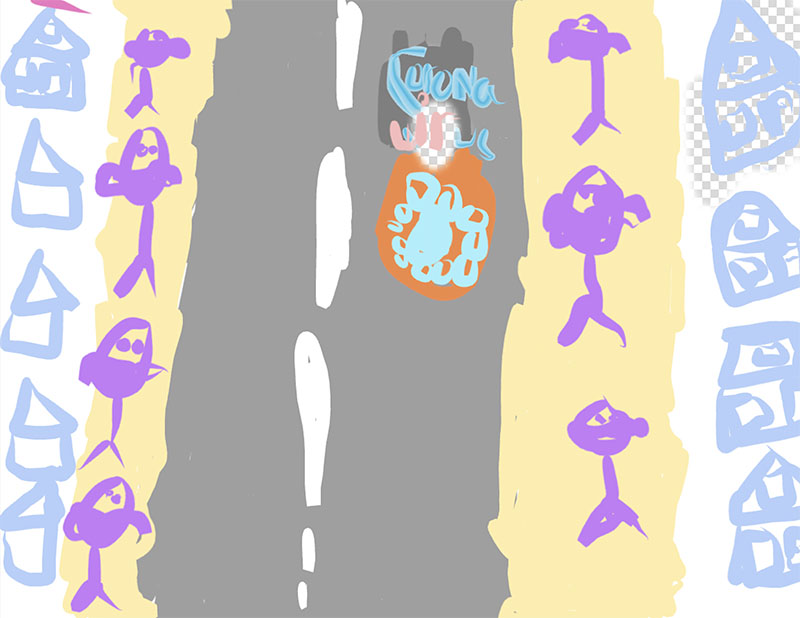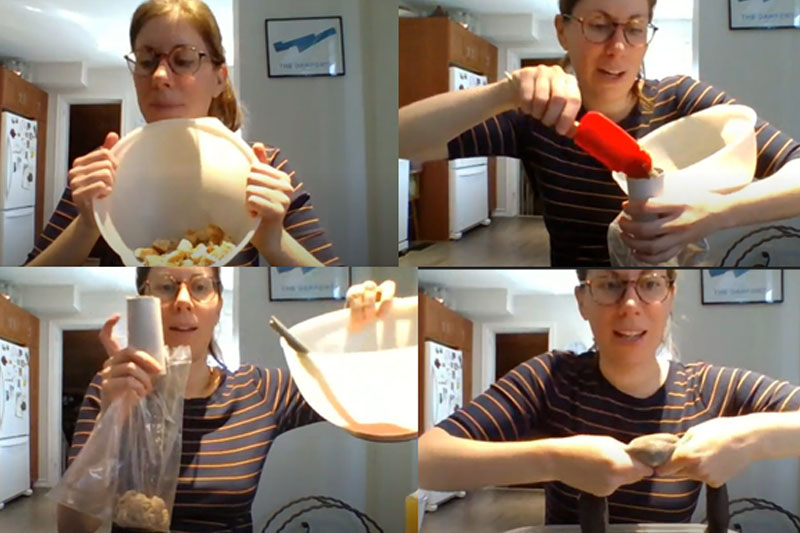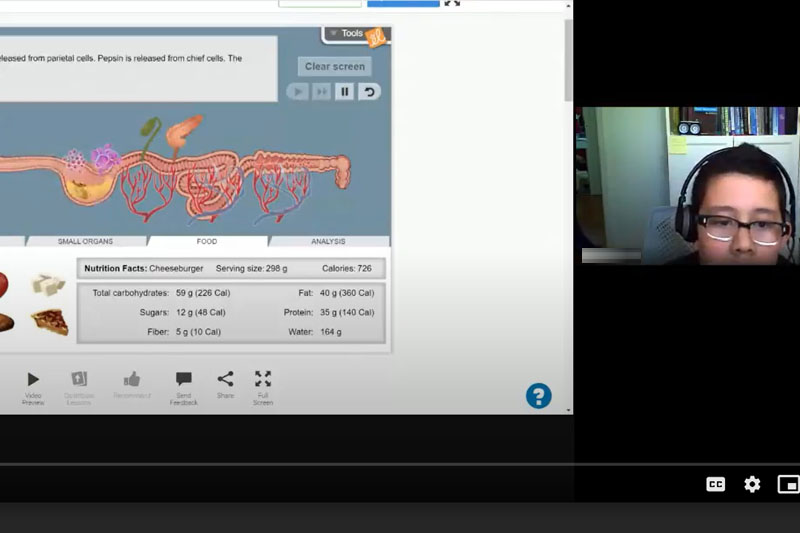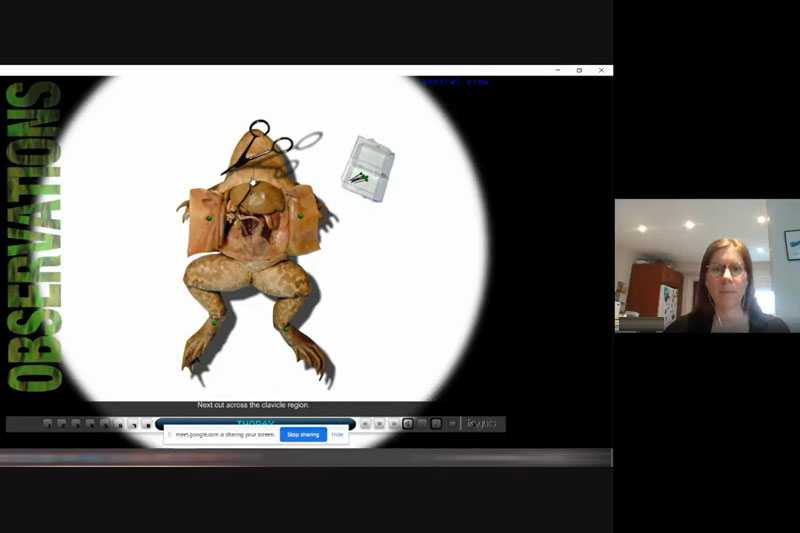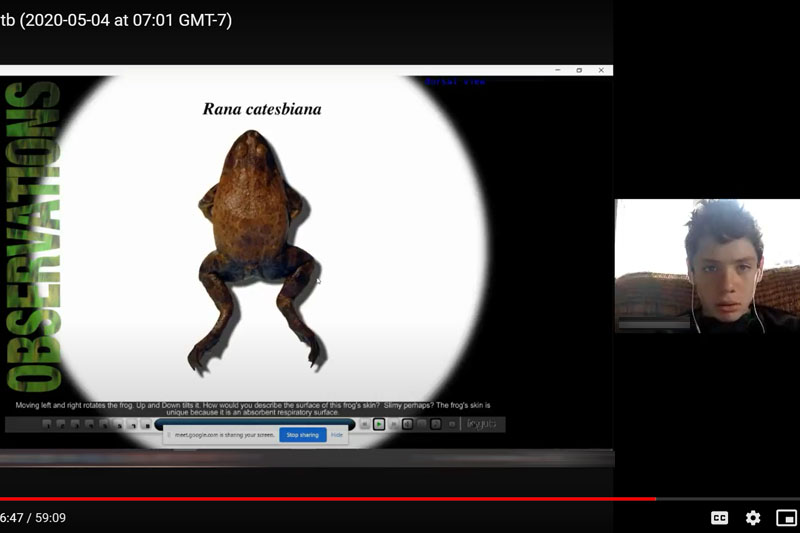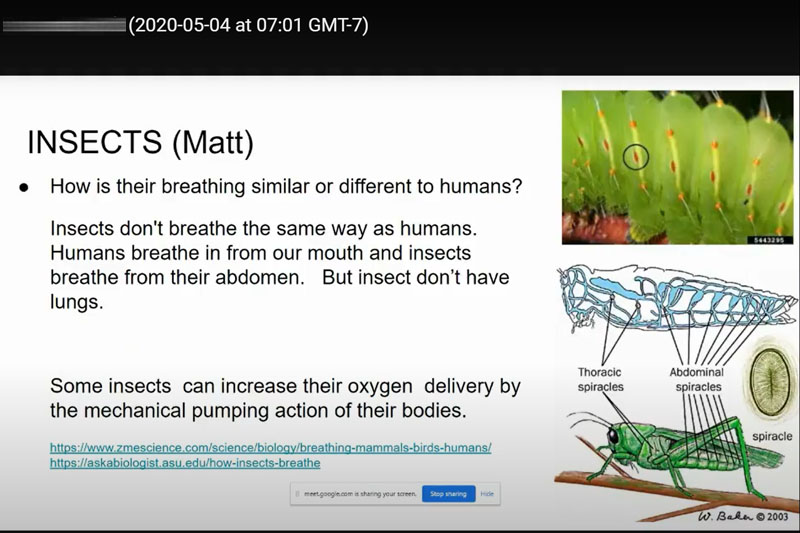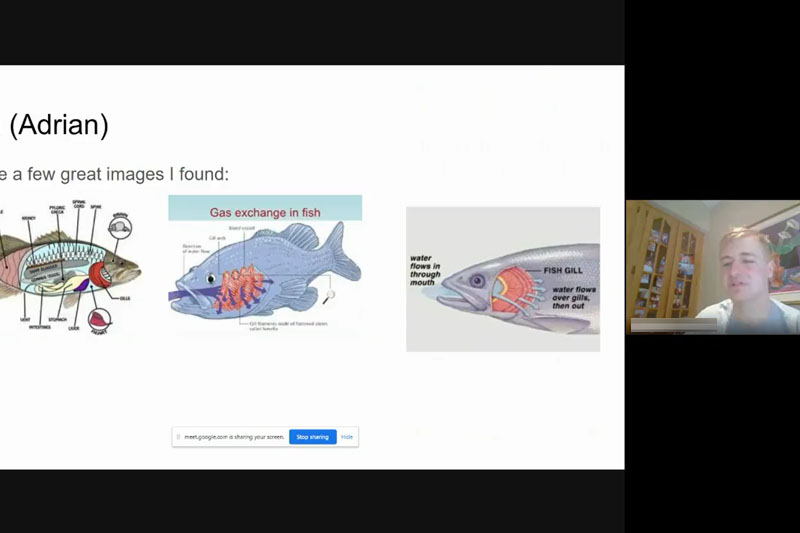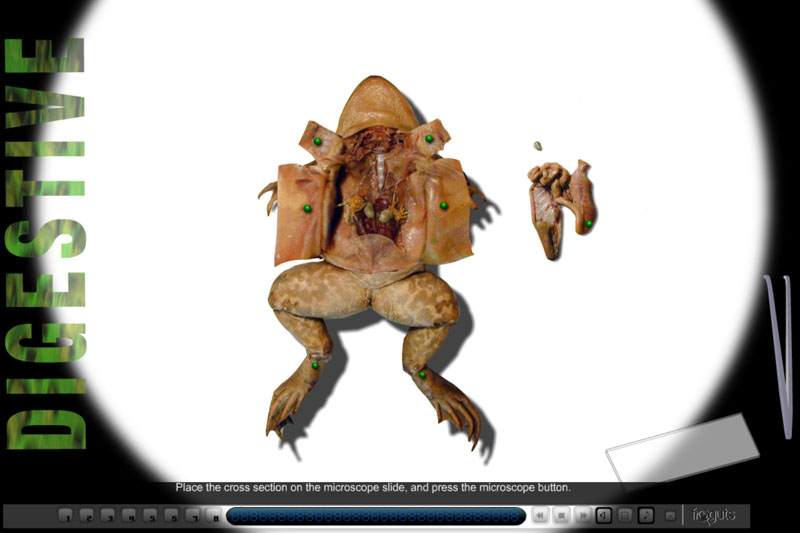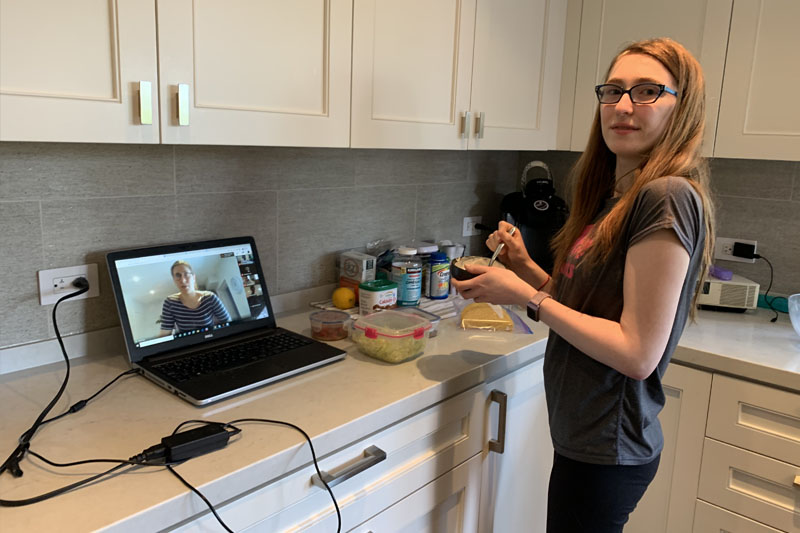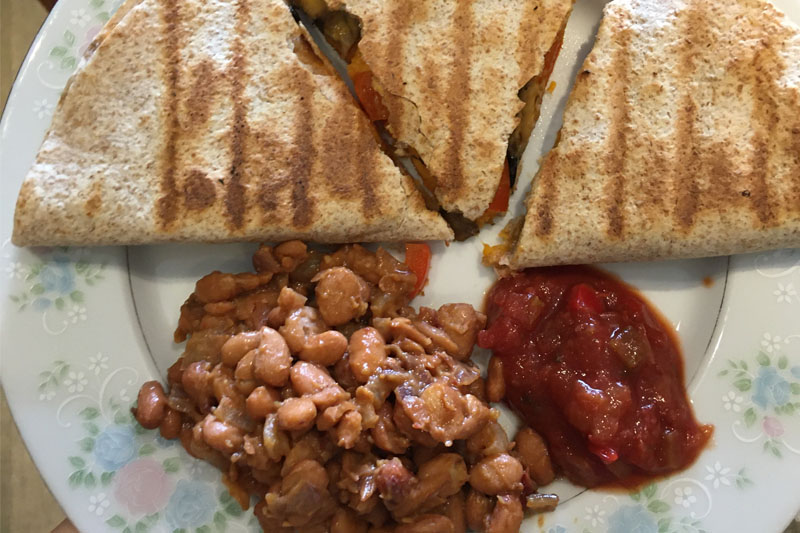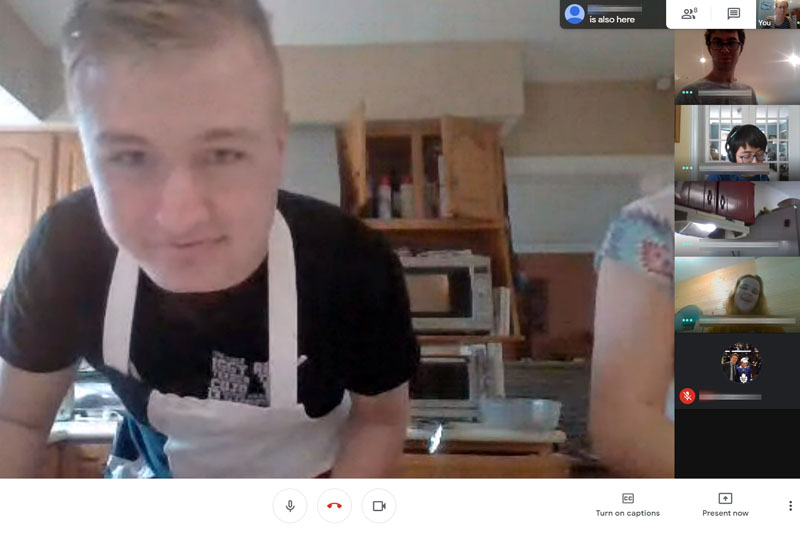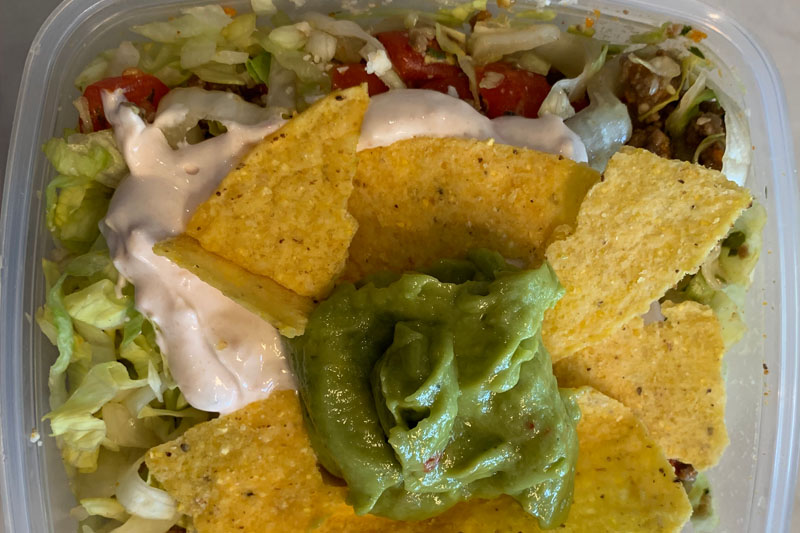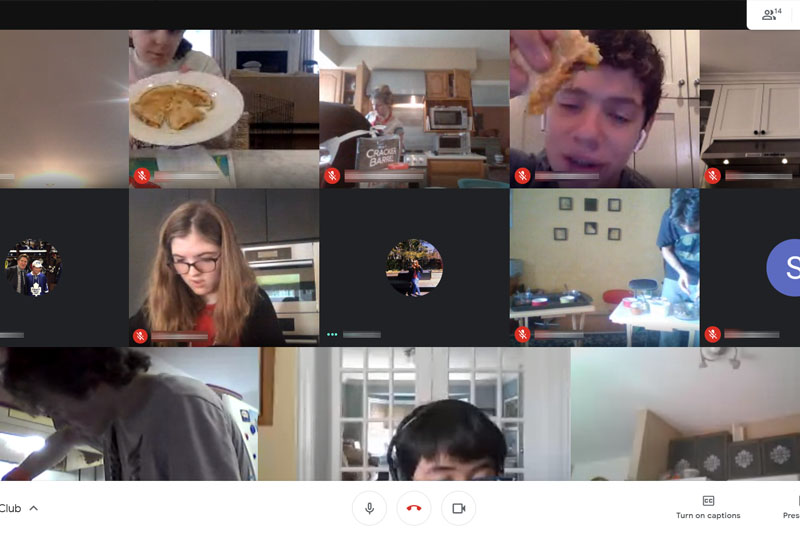Our second online learning unit was physics, where we focused on electricity and its applications that are used by professionals like AB Electrical & Communications. After briefly discussing the different sources of energy to start the unit, we spent an entire class learning about the ins and outs of static electricity where students once and for all understood the mechanics of how those pesky static shocks work when we grab a doorknob, especially in the winter months. We finished off our discussion on static electricity by discussing the different ways to create and dissipate it.
The rest of the unit was all about current electricity and the different ways we produce it. We first learned about the two types of current electricity, alternating current (AC) and direct current (DC), focusing on the latter. We then moved on to the major components of electric circuits, electrical quantities (current, voltage, resistance) and looked at how each of them behave in series and parallel circuits. Students observed these quantities via online circuit simulators and recorded what they saw and discussed their observations. We ended the unit by looking at the different sources of electricity (solar, wind, hydro, nuclear, fossil fuel) and discussed the advantages and disadvantages of each.



